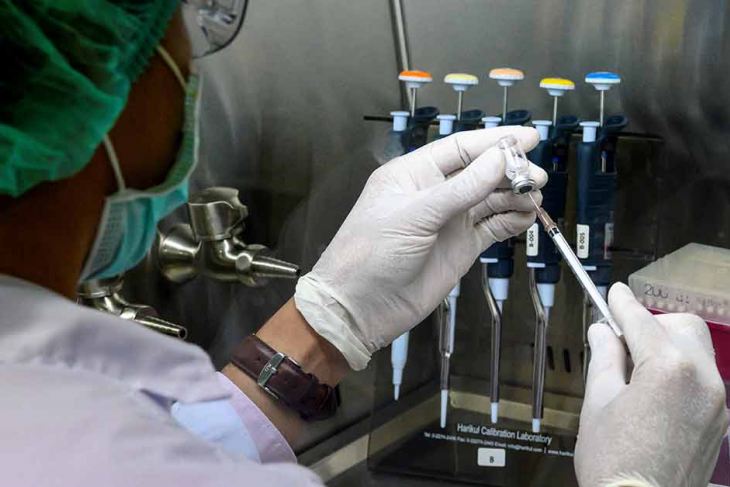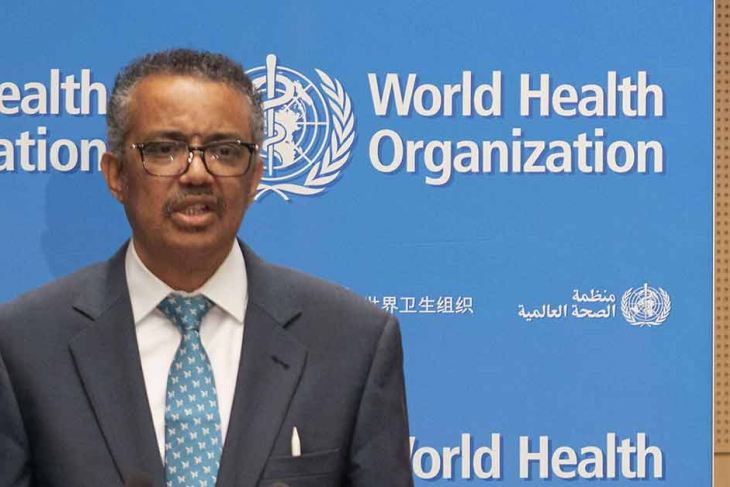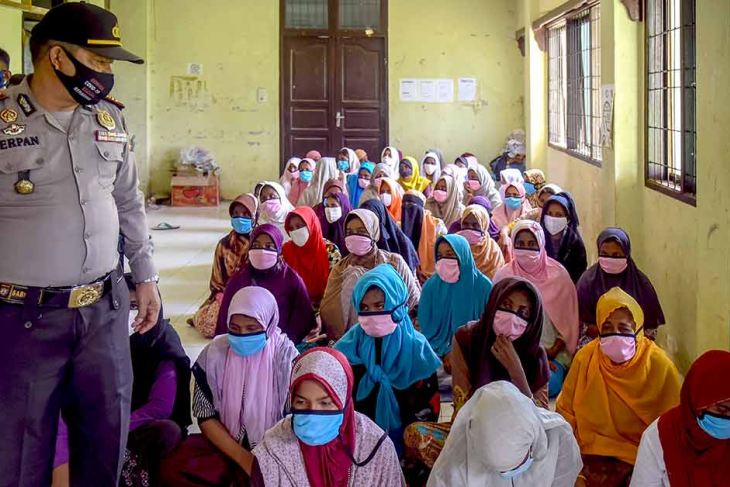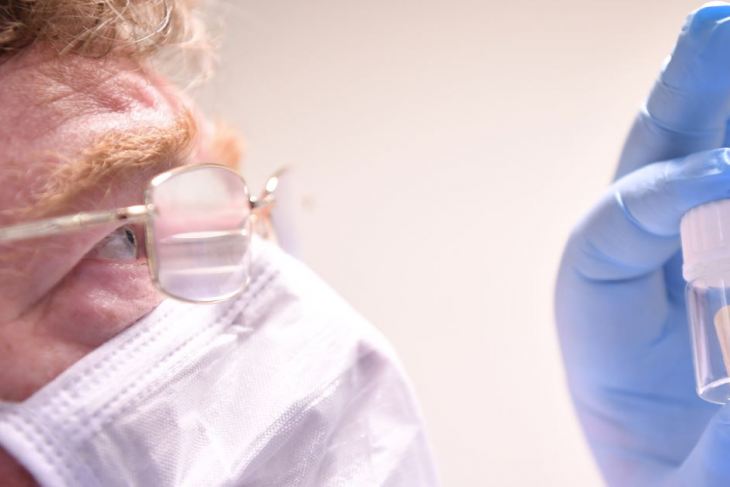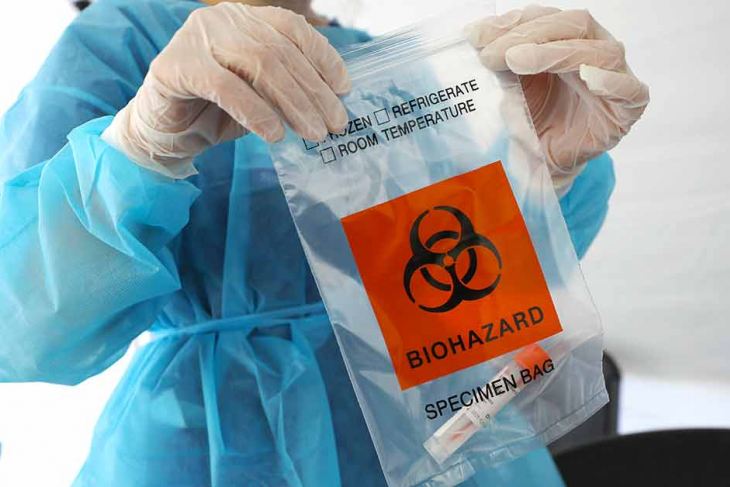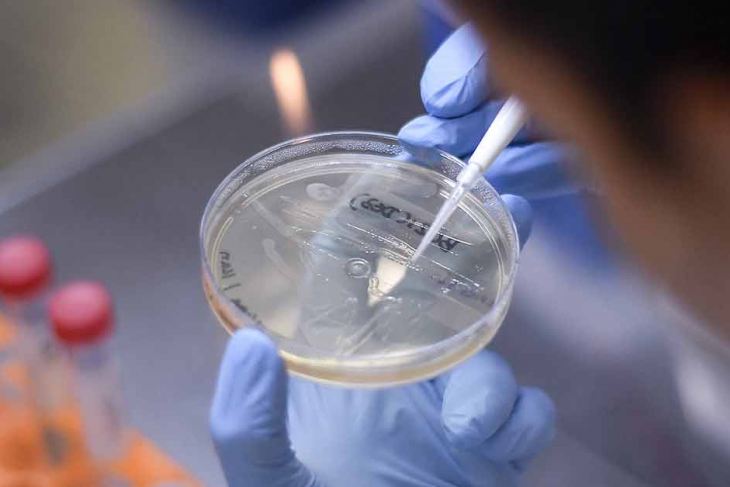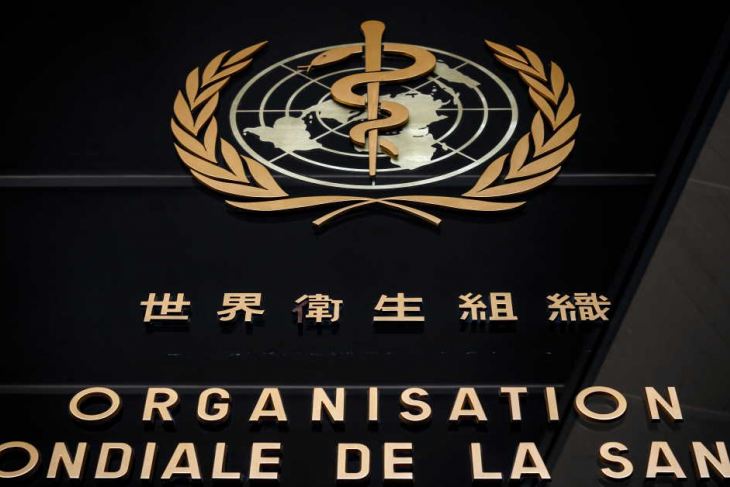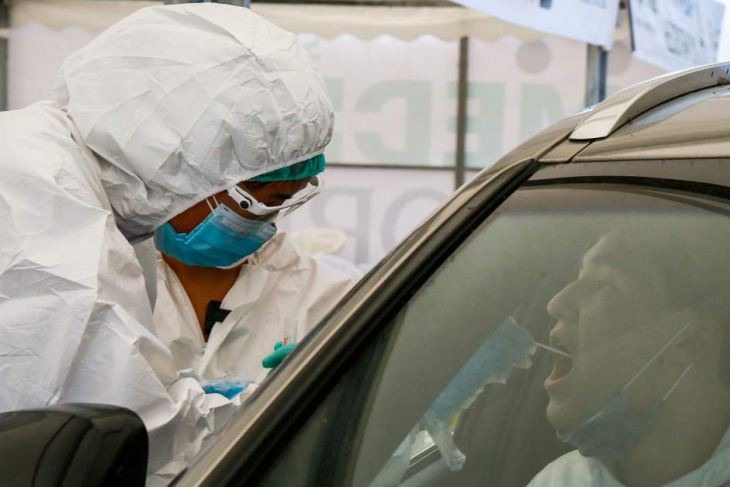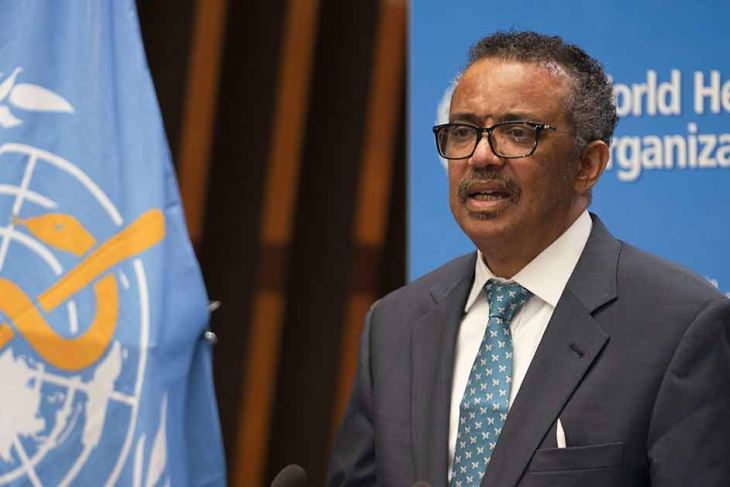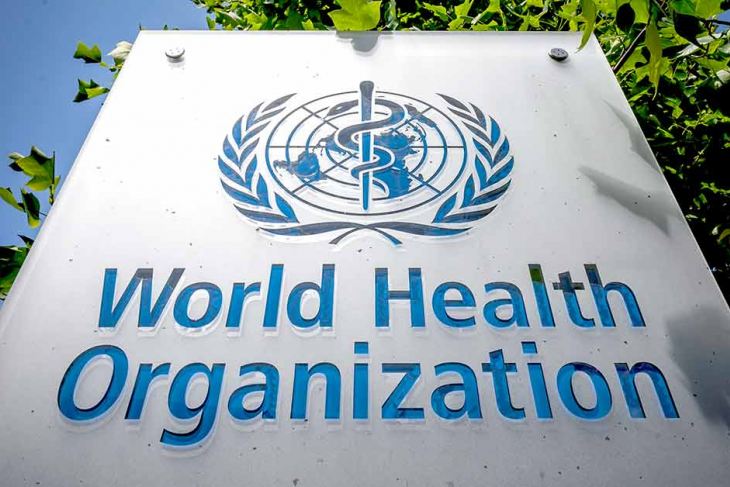World Health Organization
Last month, the vaccine advocacy group 1Day Sooner published an open letter to Francis Collins, Director of the United States (US) National Institutes of Health, urging regulators to permit and begin to prepare for “human challenge” vaccine trials in order to end the COVID-19 pandemic as soon as possible.In these trials, fully informed volunteers would be injected with potential vaccines (or with a placebo) and then would be “challenged” by being intentionally exposed to SARS-CoV-2,
The World Health Organization (WHO) said Monday it had completed the groundwork in China to probe the origins of the new coronavirus - as it warned there might never be a "silver bullet" for COVID-19.WHO chief Tedros Adhanom Ghebreyesus urged governments and citizens to focus on known basic steps to suppress the pandemic, such as testing, contact tracing, maintaining physical distance and wearing a mask."We all hope to have a number of effective vaccines that can help prevent p
Southeast Asian countries reported record rises of new coronavirus cases on Saturday as the World Health Organization (WHO) warned that the effects of the pandemic would be felt for decades. Six months after the WHO declared a global emergency, the novel coronavirus has killed more than 680,000 people and infected more than 17.5 million, according to an AFP tally.As countries across Western Europe announced new lockdowns and reported historic economic slumps, the WHO said the pandemi
Last month, for World Refugee Day, the United Nations Refugee Agency (UNHCR) launched its Every Action Counts campaign, to emphasise that all contributions to creating a more just and inclusive world make a difference. Everyone, including refugees, can have a powerful impact on society.
Seven months after the emergence of the worst global health crisis in a century the race is on to find the medical equivalent of the Holy Grail – a COVID-19 vaccine.To date the novel coronavirus has killed about 590,000 people worldwide and infected close to 14 million in 196 countries since the outbreak first emerged in China late last year.How to stop in its tracks a pandemic which has wreaked havoc on the world economy is now the pressing multi-billion-dollar issue for vaccine developers a
Every day, the COVID-19 pandemic costs the world thousands more lives and billions more dollars. The most efficient way to bring this crisis to an end – possibly as early as next year – is with a safe and effective vaccine, manufactured in large quantities and distributed globally.
The global toll of the COVID-19 pandemic is enormous: more than a half-million lives lost, hundreds of millions out of work, and trillions of dollars of wealth destroyed. And the disease has by no means run its course; hundreds of thousands more could well die from it.Not surprisingly, there is tremendous interest in the development of a vaccine, with more than a hundred efforts under way around the world.
The World Health Organization (WHO) said Friday that it is still possible to bring coronavirus outbreaks under control, even though case numbers have more than doubled in the past six weeks.WHO chief Tedros Adhanom Ghebreyesus said the examples of Italy, Spain, South Korea and India's biggest slum showed that however bad an outbreak was, the virus could still be reined in through aggressive action."In the last six weeks, cases have more than doubled," Tedros told a virtual pres
In an alert for Chinese citizens posted on the embassy's website Thursday, Beijing warned of a disease with "a mortality rate far higher than COVID-19" – an assertion that was later removed from the statement. The statement also said the pneumonia outbreak had caused 1,772 deaths in the first half of 2020 and "628 in June alone".The statement originally referred to "Kazakhstan pneumonia" but this wording was later changed to "non-COVID pneumoni
The World Health Organization (WHO), which has faced criticism over its early handling of the coronavirus crisis, on Thursday launched an independent review into the global response to the pandemic.Announcing the assessment, which will be presented next May, WHO chief Tedros Adhanom Ghebreyesus said it should help the world understand how to prevent such crises in the future.The Independent panel for Pandemic Preparedness and Response will be headed by former New Zealand prime minister Helen
President Donald Trump on Tuesday formally started the withdrawal of the United States (US) from the World Health Organization (WHO), making good on threats to deprive the United Nations (UN) body of its top funding source over its response to the coronavirus.Public health advocates and Trump's political opponents voiced outrage at the departure from the Geneva-based body, which leads the global fight on maladies from polio to measles to mental health - as well as COVID-19, at a time whe
An international group of 239 scientists on Monday urged authorities including the World Health Organization (WHO) to recognise that the coronavirus can spread in the air at distances well beyond two meters (six feet), and to revise their prevention guidelines accordingly.In a commentary that appeared in the Oxford Academic journal Clinical Infectious Diseases, researchers wrote that studies have shown "beyond any reasonable doubt" that viruses can travel tens of meters in the air,
